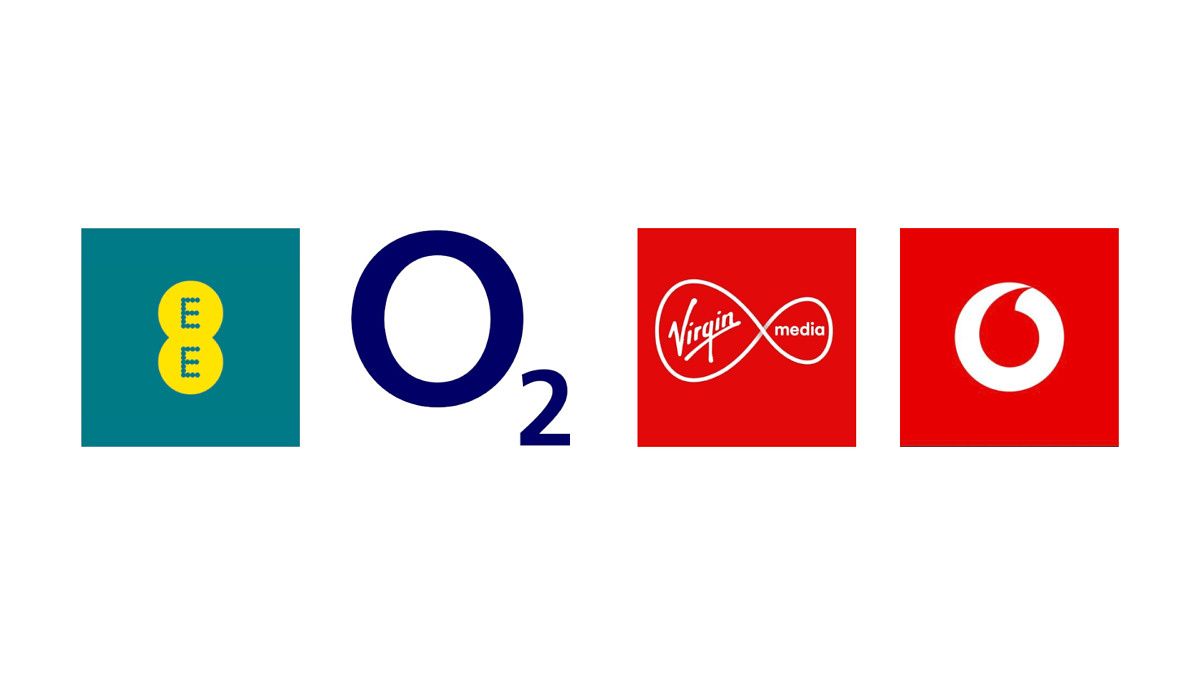Mobile network operators Vodafone, O2, Tesco, Three, and EE in the UK are set to ramp up their phone bill prices by as much as 10% in April. Vodafone, EE, and Three have all announced the reintroduction of roaming charges in the EU as well, whereas Virgin Mobile and O2 will not be re-introducing them.
However, these price increases are primarily linked to inflation. Virgin Media and O2 will base the bulk of their increases on the Retail Price Index (RPI), currently measured at 7.1% in the UK. The final RPI value will be published in February. RPI is a measure of inflation that is calculated by the change in the cost of a representative sample of retail goods and services, including housing. RPI is a largely outdated measure of inflation that is still published by the ONS.
As for both BT/EE and Vodafone, each will base their increases off of the Consumer Price Index (CPI), the official measure of inflation in the UK.
Vodafone
On Vodafone, If your plan started before 9 December 2020, your price increase will increase with RPI instead of CPI, though you won't need to pay the additional 3.9%. However, if your plan started from 9 December 2020, then monthly costs for users on Vodafone will increase by 9.3%. This includes the UK CPI at 5.4% and an additional 3.9% to cover the increased costs of Vodafone's network. An example table of what your costs may look like is below.
|
Current monthly plan |
Extra cost (calculated via CPI) |
Extra cost (calculated via RPI) |
|---|---|---|
|
£10.00 |
£0.93 |
£0.71 |
|
£20.00 |
£1.86 |
£1.42 |
|
£30.00 |
£2.79 |
£2.13 |
|
£40.00 |
£3.72 |
£2.84 |
Vodafone UK said to The Evening Standard: “We know no one wants to see prices increase, but these reflect the rising costs that we continue to face in running our network and providing our services.
“Like many other industries, we face rising costs of energy, staffing, logistics and transport.
"Unlike many other industries, we also have costs from the regulator – who has elected to maintain multi-million pound licence fees for spectrum usage – and from Government, who have required us to make significant and costly changes to our supply chain.
"These annual price increases are essential for us to maintain investment in our network and services while the costs that we face continue to rise.”
Virgin Media and O2
O2's price increases on Airtime will increase by the RPI plus 3.9% to cover the increased costs of O2's network. Any customers who signed up before March 25 last year will dodge the 3.9% bump.
As reported by The Evening Standard, Virgin Media's price increases are in line with those on O2, with an increase by the RPI plus 3.9% to cover increased costs. As reported by The Guardian, this price increase will only apply to their airtime. That is, if £25 of the cost of a £35 bill is a phone, then the price increase will only be reflected in the remaining £10.
|
Current monthly plan |
Extra cost |
|---|---|
|
£10.00 |
£1.10 |
|
£20.00 |
£2.20 |
|
£30.00 |
£3.30 |
|
£40.00 |
£4.40 |
A spokesperson for Virgin Media O2 said: “We always balance keeping our prices competitive with the need to continue investing in our network, innovating and improving the services that our customers know and love.
“Our contracts make clear prices are set to rise later this year and we will keep customers updated on any changes to their bill.”
Three
As reported by The Evening Standard, Three's prices will increase by a fixed 4.5% rate that will be applied in April. An example table of what your costs may look like is below.
|
Current monthly plan |
Extra cost |
|---|---|
|
£10.00 |
£0.45 |
|
£20.00 |
£0.9 |
|
£30.00 |
£1.35 |
|
£40.00 |
£1.8 |
Three UK said in a statement to The Evening Standard: “Like other mobile providers, our pay monthly plans are subject to an annual price change. We implement an annual fixed percentage increase of 4.5%, which will be applied in April.
“We believe that integral to a great customer experience is certainty and transparency. With a fixed price change compared to the variable and unpredictable increases applied by others, customers will not have to rely on a fluctuating RPI or CPI rate to clearly understand the full cost of their contract.
“Central to providing the best possible service and range of products is our network, and we must invest more to deliver on this. We are investing £2 billion-plus in the UK’s fastest 5G network to ensure we have a strong network, capable of delivering better connectivity, every day, for every customer.”
EE
EE's increase is based on CPI, meaning there is an increase of 5.4% plus 3.9%. An example table of what your costs may look like is below.
|
Current monthly plan |
Extra cost |
|---|---|
|
£10.00 |
£0.93 |
|
£20.00 |
£1.86 |
|
£30.00 |
£2.79 |
|
£40.00 |
£3.72 |
A BT spokesperson said to The Evening Standard: “As usage across our networks continues to increase and with our customers relying on us for connectivity more than ever before, it’s crucial we continue to invest in our network, services and the latest technology.
“As such our prices are due to rise from March 31 as per our terms and conditions, however, customers on BT Home Essentials, BT Basic and Home Phone Saver will not see an increase to their prices in 2022 and we’re looking in to how we can help support others who may be financially vulnerable.”

